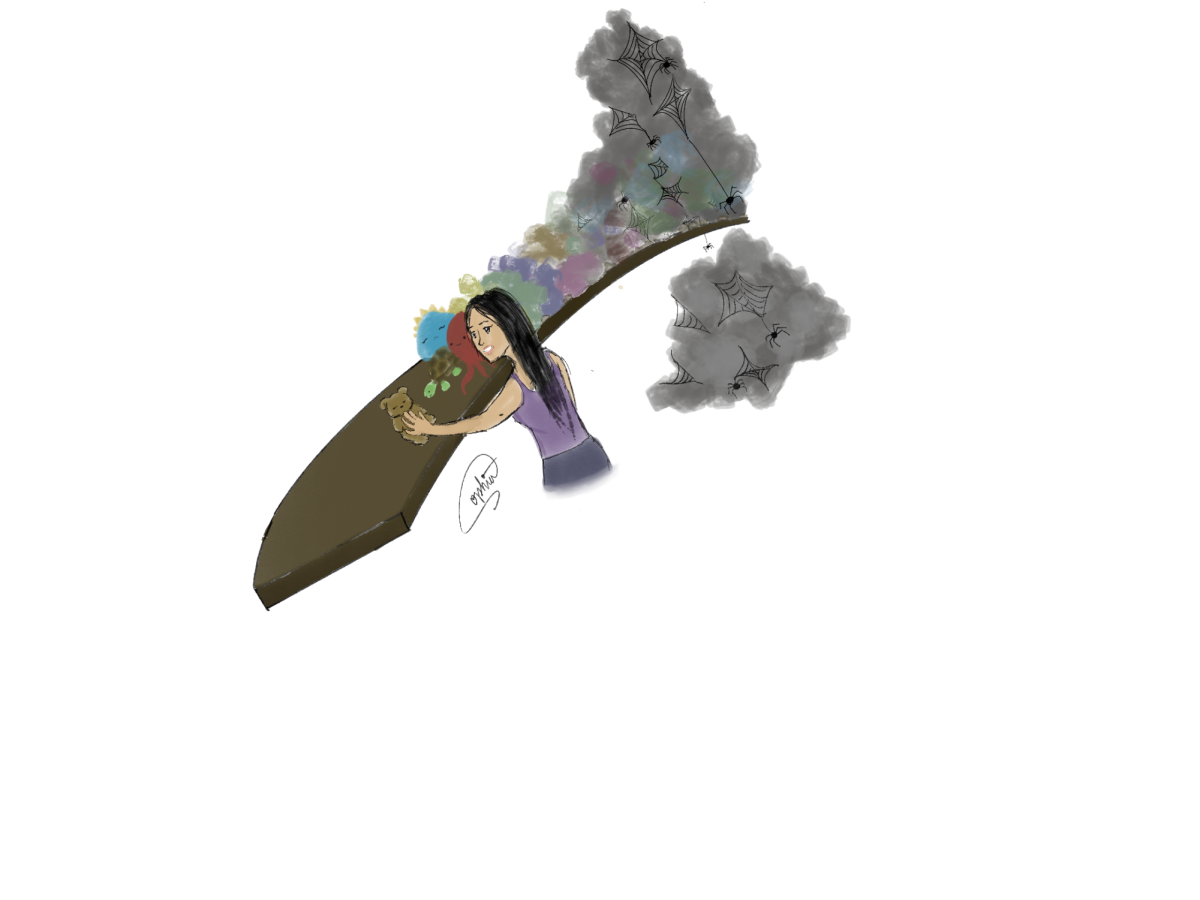On April 2 President Trump leaned, full force, into what he, and the millions who voted for him, believe will make America great again.
On his “liberation day,” which should probably more aptly be named “perfunctory malice day,” he applied a base tariff of 10% to every country in the world. With many more countries being charged much more based on his administration’s declaring any trade deficit between countries as grounds for an equal and opposite tariff measure.
Canada, the country that, for more than a century and a half, has served as the US’s “closest partner and ally, their closest friend,” according to former Canadian Prime Minister Justin Trudeau, received a 25% tariff (excluding the auto industry until Trump added them as well the next day).
At a moment like this, we as Americans, and I as both an American and Canadian citizen, have some reflecting to do. We need to reflect on how we got here, how we let a man convince 77 million of our kind that he will reduce the price of their groceries by screwing over the entire world, alliances be damned.
I believe our first step should be to look to our former best friend, and to think of them as an older sibling to look up to.
I have spent almost every summer of my life visiting Canada, spending weeks away at sleepaway Canadian summer camps, going on canoe trips through the incredible northern parts of Canada, visiting my Canadian family in southern Ontario, and soon I may leave for university in Canada. From this, I have seen what Canadians, on average, have something that I believe the American citizenry at large currently lacks: the rudimentary appreciation of the common humanity that binds all people.
Our potential Canadian role models have quite a lot to offer. Canadians have done a much better job than us at building an incredibly affordable strategically subsidized university system, which makes breaking into the middle class exceedingly more achievable for millions of families. They have crafted a federally subsidized, highly regulated healthcare and pharmaceutical system that is largely unencumbered by the behemoth lobbyists that clog American legislatures. But, perhaps most importantly they have embraced as a core part of their identity, through all of their foreign and domestic policies, the global perception that they are a country founded on holding friendliness and civility above all else.
Canadians have never sold their souls to a figure quite as destructively populist, no matter how hard things get. Keep in mind that many of the things political scientists say were contributing factors to Trump’s electoral victory (social media polarization, perceived inflation issues, and ruling parties perceived out-of-touchness and stagnation) are all also present, to some degree, in Canada. But despite this, Canadians, as a whole, have not given up on their fundamental belief in the power of all people working together. Mark Carney, the liberal parties presidential candidate and former governor of the Bank of Canada during the recession, and later the Bank of England, leads 6.5% ahead of the Conservative Parties candidate Pierre Poilievre (as of 4/6/2025), whose willingness to attack his opponents with extreme rhetoric, and calls to defund the CBC have caused many to call him “Canada’s Trump.”.
My 93 year-old Canadian grandfather put it well when he said “Canadians will do what is right for the country, not just for themselves,” in response to the current state of American politics.
His statement reminded me of a certain inaugural address by an American president. A president who presided over one of the last times in American history where Americans came together and cared for one another, cared for their fellow Americans’ rights. John F. Kennedy exhorted Americans to ask not what their country could do for them, but what they could do for their country.
If the U.S is ever going to dig itself out of the doom loop it is currently the first and most important thing it should do is just look up to their friendly northern neighbor.





Kate • Apr 11, 2025 at 3:41 pm
Fantastic message! Well written too!